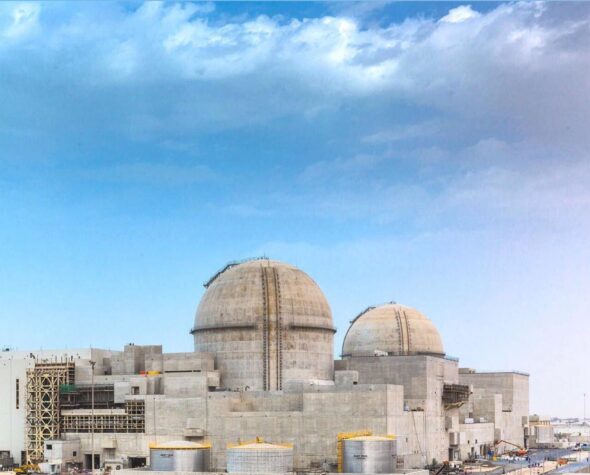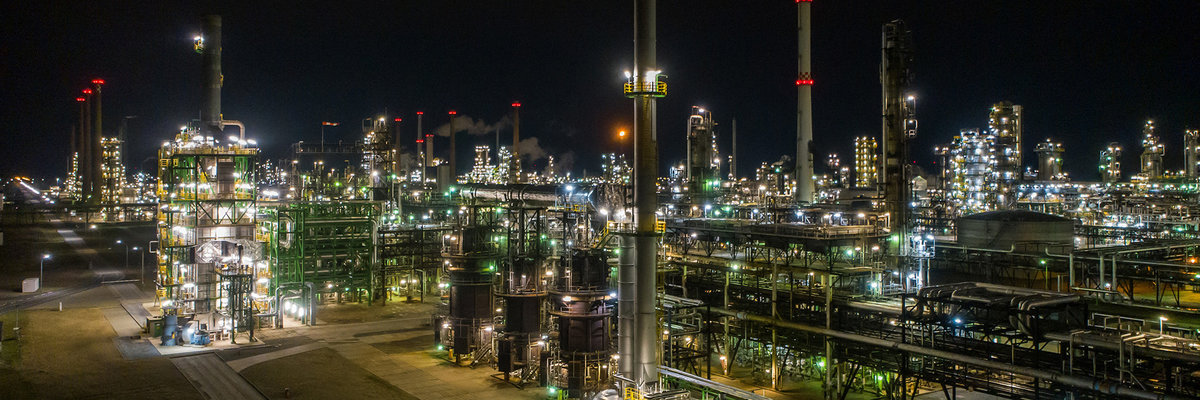
Poland’s most prominent politicians appear to have weathered a storm that threatened to bring down the government over recent days, after tapes of frank – and sometimes crude – conversations were leaked to weekly Wprost.
Prime Minister Donald Tusk won a hastily called confidence vote by 327 to 203 in the Sejm, Poland’s lower house of parliament, on Wednesday night, ensuring his centre-right coalition remains in place for now and that he goes into meetings with EU leaders in Brussels on Friday with a renewed mandate to push his energy union concept.
But there remain broader energy-related issues at stake in the crisis, which despite its relatively short length is seen by many as one of the most serious challenges to Polish democracy since the end of communism. In a speech to the Sejm before Wednesday’s vote, Tusk alluded to dark forces at work.
“The background [of the scandal] is wide and concerns several occurrences that you could observe recently. They relate to people who acted in the sphere of gas links between Poland and Russia. There’s an element concerning the coal trade from the east. The association seems obvious… the situation in Ukraine and Europe is part of that,” Tusk said, according to Reuters.
Poland is perhaps the most vocal opponent of Europe’s energy reliance on Russia, itself dependent on Gazprom imports for roughly two-thirds of its 16 billion cubic metres of annual consumption. It has sued for a reduction in the price it pays for wholesale imports from Russia, and Tusk blocked plans by Gazprom to build a second spur of the Yamal-Europe pipeline through Polish territory.
Meanwhile, both Tusk and his Minister of Foreign Affairs Radek Sikorski – the most high-profile subjects of the recordings – have played significant roles in supporting the Ukrainian government and mediating the dispute with Russia.
Polish prosecutors say they have so far arrested two people on suspicion of being behind the recordings, with more under investigation.
Rumours persist in Warsaw that former senior executives at the state gas company and shadowy figures with a stake in gas transit via Ukraine could be to blame, but no evidence has yet been presented. Elements of the powerful coal lobby and those concerned with imports from the east have also been in the spotlight.
“Unless Tusk presents some serious evidence, we can just speculate about coal mafia, gas deals and so on. Every Pole should expect this evidence from Tusk,” Wojciech Jakóbik, energy security analyst at the Jagiellonian Institute and editor in chief of the BiznesAlert.pl portal, told Interfax.
International ties
But despite the apparent steadied ship at home, the crisis could still undermine the Polish government internationally.
In particular, Sikorski’s comments on the Polish-US alliance could make his candidature for the EU’s highest foreign policy job more difficult. It could also damage Poland’s chances of taking the strategic commissioner’s job, which would give it a greater role in continental energy diplomacy.
“It appears that Poles count on [getting the] competition commissioner job… [which] will be responsible for reporting about Gazprom’s activities in Central and Eastern Europe [currently under investigation by the European Commission] – which was put on hold because of the crisis on Ukraine.
If Wprost has more records, and there are speculations about many more, it could undermine the Polish position for months,” Jakóbik said.
“The reasons why Wprost is portioning the data and [protecting] the source are still unknown. Tusk made a huge commitment by accusing an energy mafia of plans to overthrow the government. Now he must act fast, because I believe it is just the beginning. With his hard stance on Russia in the context of the Ukraine crisis, Tusk has stepped on many toes.”
On tape
Among the wave of dispatches, some passed with little attention. One taped conversation focused on the development of Poland’s first LNG import terminal at the Baltic Sea port of Swinoujscie. Already under construction, the project was due onstream this summer, with official suggestions it will now not open until next year at the earliest.
In a private conversation recorded at an upmarket Warsaw restaurant, Andrzej Parafianowicz, a board member at state utility PGNiG, told former Transport Minister Slawomir Nowak that the project would be delayed into 2017.
Parafianowicz has since been suspended by PGNiG following media coverage of the release of the early tranche of recordings, but his claims have raised the spectre of Poland paying for gas it cannot physically import under the terms of an LNG deal with Qatar.
“Tusk says the delay in Swinoujscie LNG is not dangerous to the Qatargas deal set to start in January 2015. He says Qatar is open to negotiations about reselling the gas, delaying the start of supplies or swapping it from terminals in Western Europe. PGNiG is working on that,” Jakóbik told Interfax.
“There is zero threat that we will pay for gas without the terminal [being] ready,” Tusk said this week, referring to investors willing to buy the gas. “We could also unload the gas somewhere else and bring it to Poland some other way. And there’s a possibility of delaying deliveries and accepting greater volumes when Poland is ready.”
Source: Interfax





Leave a Reply